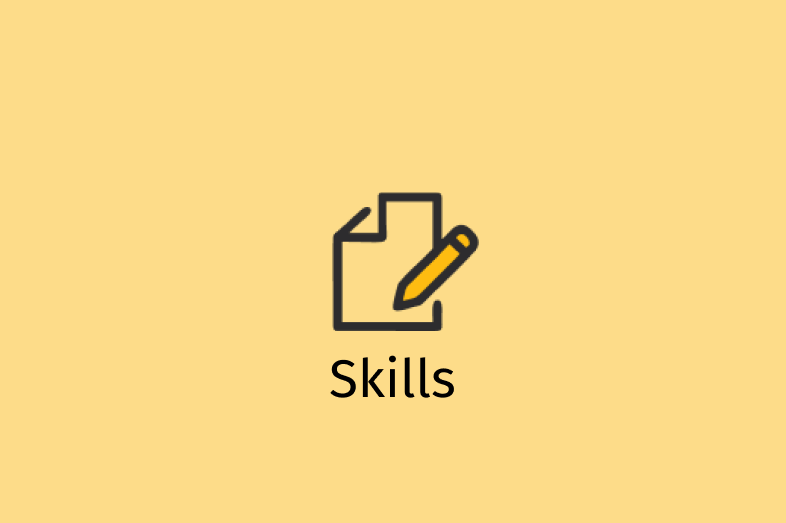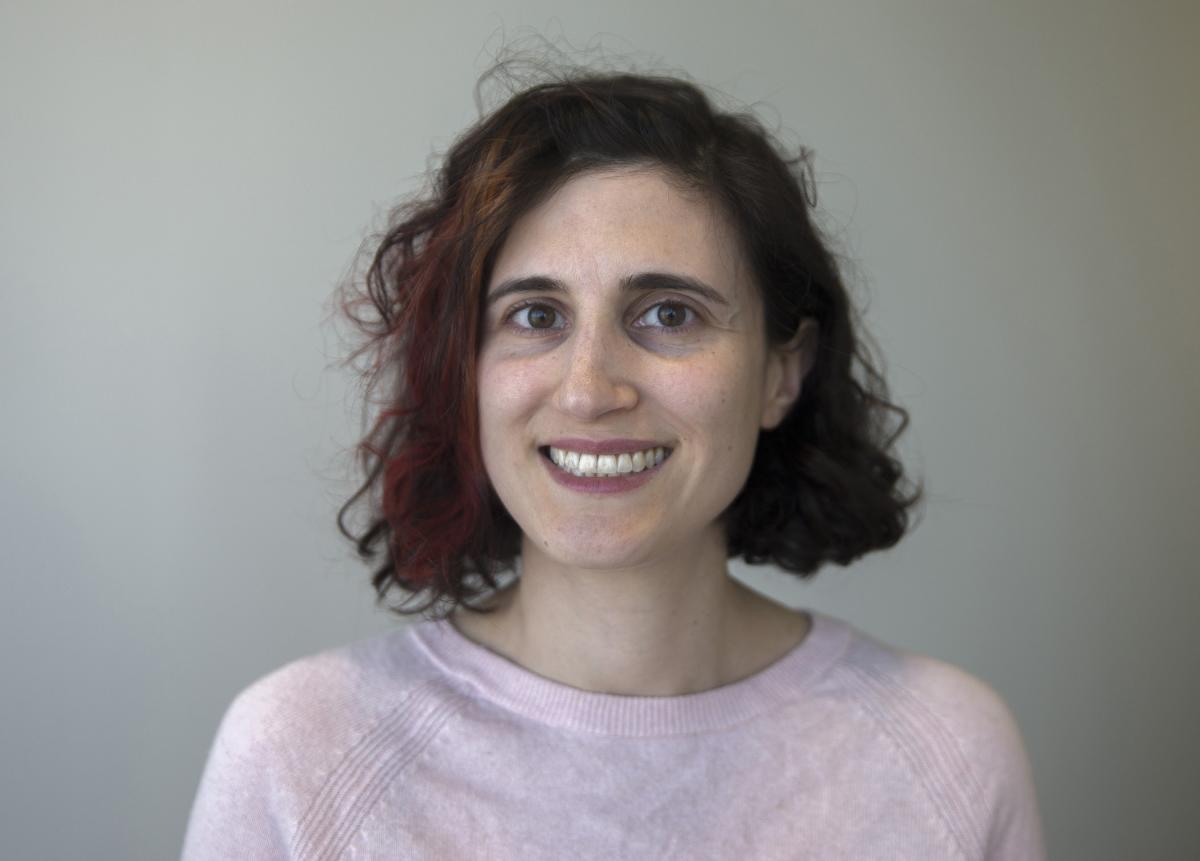

It’s probably every reporter’s worst nightmare: Your co-worker rushes over from the police scanner and blurts out, “Active shooter at Such-and-Such School.”
When that happened to South Florida Sun-Sentinel education reporter Scott Travis on Valentine’s Day 2018, “I headed there hoping more than anything that this was a false alarm,” he told EWA seminar attendees May 6. But he was headed to Marjory Stoneman Douglas High School.
Fifteen months later, Travis, The Trace managing editor Akoto Ofori-Atta and author Dave Cullen discussed the ethics, tactics, and costs of covering gun violence at school in a conversation moderated by EWA president Greg Toppo. The conversation had several key takeaways.
After a mass shooting, keep the focus off the killer. Two decades after the mass shooting at Columbine High School in Littleton, Colorado, with school shootings distressingly commonplace, journalists have to look beyond the flashy, isolated, mind-of-a-murderer approach, the panelists said.
Cullen, who wrote the 2009 book “Columbine,” said that for years, the first question he got was, “Why did they do it?” Now it is some version of: How do we get out of this? How is this going to end?” He urged journalists to get past the fascination with the criminal mind, which too often results in “inadvertently lionizing the individual, … making them the star of the week,” he said. His new book, “Parkland: Birth of a Movement,” doesn’t name the killer once.
Moreover, “We know a lot about the profile that many shooters share,” Ofori-Atta said. There’s really not much new there. Instead, the panelists said, cover the victims, the community impact, institutional failures and possible solutions—not the small “why” but the larger, systems-level “why.”
Cover the full spectrum of gun violence affecting youth. Mass shootings “get the most attention but they represent less than 2 percent” of gun deaths, Ofori-Atta said. “To care about gun violence and how it impacts young people in this country is to care about school shootings … [but] it’s also to care about young black and Latino boys in Detroit, St. Louis, Chicago, who are getting caught in crossfire in their neighborhoods. [It’s] to care about the many young people in this country who get caught up in their parents’ domestic violence incidents … and also young people who accidentally get ahold of a firearm and shoot themselves or kill themselves or other kids.”
She credited the Parkland student activists for emphasizing that intersectionality. Indeed, Cullen said, those activists told reporters interviewing them on the March for Our Lives bus tour to also interview members of the Chicago Peace Warriors.
Engage young people in telling these stories. In the interest of representing that full spectrum, The Trace, a nonprofit news source focused on gun coverage, spearheaded a mammoth project covering the deaths of 1,200 young people in the year after the Parkland shooting—and had students write the stories. “If you are a young person in America today and you go to school in America, there is a high probability that you have to practice for a lockdown drill. I did not,” Ofori-Atta said. “We really thought it was their story to tell.”
Take care of yourself. Journalists like to think of themselves as tough cookies. We often put off dealing with our mental health when there’s justice to be sought. Perhaps the most vivid lesson of the panel, illustrated not only by Travis’ words but his shaky voice, was that you can’t ignore your emotions while covering school violence without consequences.
The Sun-Sentinel reminded reporters early on about employee assistance programs, Travis said—but he ignored it during the infuriating months when the Broward County school district stonewalled him, publicly insulting him and even threatening to sue.
Now, “suddenly the day-to-day stories I’m not doing quite as much anymore, and we’re starting to get a lot of accolades for what we’re doing and it should be the most joyous time—all I can do is cry,” Travis said. “I just can’t stop thinking about the fact that those 17 people were just gunned down so ruthlessly, brutally. It was just horrible, and I never wanted to win an award for something related to that.”
Cullen, who experienced secondary PTSD writing about Columbine, suggested resources from the Dart Center for Journalism and Trauma. Along with therapy, he has followed his agent’s advice to “find the things that are positive in your life and prioritize them and do more of those,” he said. “You can never get all the darkness out of you. But you can bring in more light.”
And on the most basic level, “Take your vacation,” Ofori-Atta said. “My goal is to use all of my vacation days this year.”



